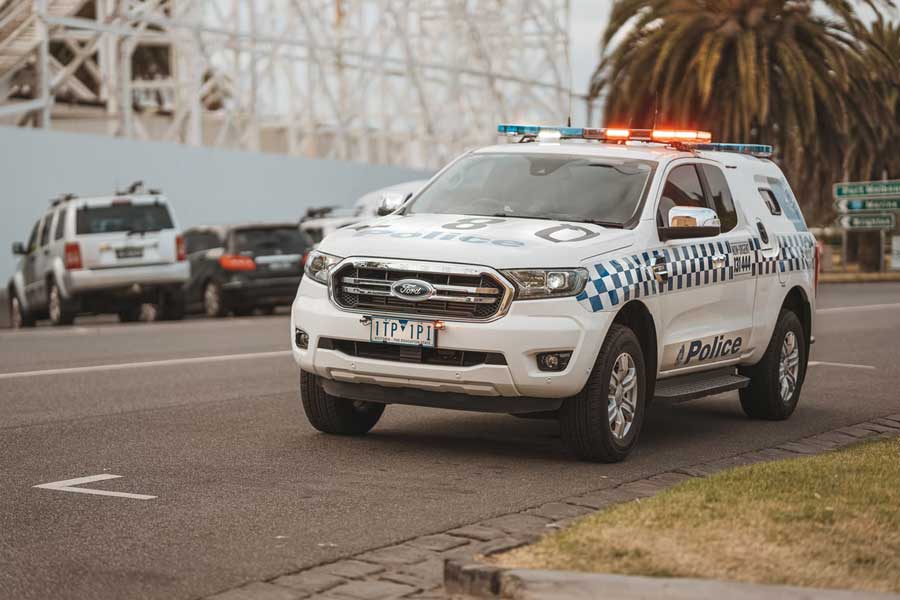What Happens After I am Charged?
Police will issue you with a “notice to appear” on a little slip of paper. For a drink driving offence, you will also be given a separate “notice of suspension”. The suspension notice will be 24 hours if you are charged with a low range drink driving offence, or, you will be suspended until your matter is resolved in court if it is middle range drink driving offence or higher.
The notice to appear notifies you which magistrates court to attend and when. It will state what the charges are and the time and place of the offence. This is a good time to contact a lawyer to get advice.
If you are caught driving during the police-imposed suspension period, you will face further disqualifications and lose any chance of getting a work licence.
The police will be required to produce an initial document known as a “QP9”. The QP9 will contain what the offence or offences are and what section of the law they fall under. The document will also contain a summary of the facts (which is often inaccurate) constituting the conduct in respect to the offence or offences, and your traffic history (if any).
What Happens at Court?
You will need to attend court to advise the Court of what you wish to do with your charges. You can plead guilty, request an adjournment to negotiate with the prosecution, or plead not guilty. While you can do any of these things yourself, it is generally advisable to get legal representation; the legal system can be complicated and getting experts on your side will make the process a whole lot easier.
Whatever you decide to do, if you are ‘unrepresented’ you may be waiting at court for quite some time. People with legal representatives will get to go first and the order after that is really up to the prosecutor.
If you decide to plead guilty, then there are consequences which flow from that; how long will your disqualification be? Will a conviction be recorded? If you are fined, how much of a fine should you expect? What does the Court take into account when deciding these things? A solicitor can answer these questions.
If you want to negotiate with the prosecution, again, this is usually best done with a solicitor. We know the prosecution’s guidelines and what arguments have worked in the past. It is often worth a try with certain offences, as we have had success in the past getting offences downgraded to less serious versions with lower mandatory disqualifications. We may even be able to get a response before the first court date so you don’t have to go to court for a second time.
Pleading not guilty is always your right, but most traffic offences can be difficult to contest. This is not to say it can’t be done, but it is best to seek advice beforehand.
Conclusion
The foregoing was a brief summary of what happens after you have been charged with a traffic offence. The process can be daunting, especially for people who have not interacted with police or the court system before. While it may be tempting to go it alone, we are confident, through representing thousands of clients, that our guidance will lower the stress of the situation and get you the best result possible.






